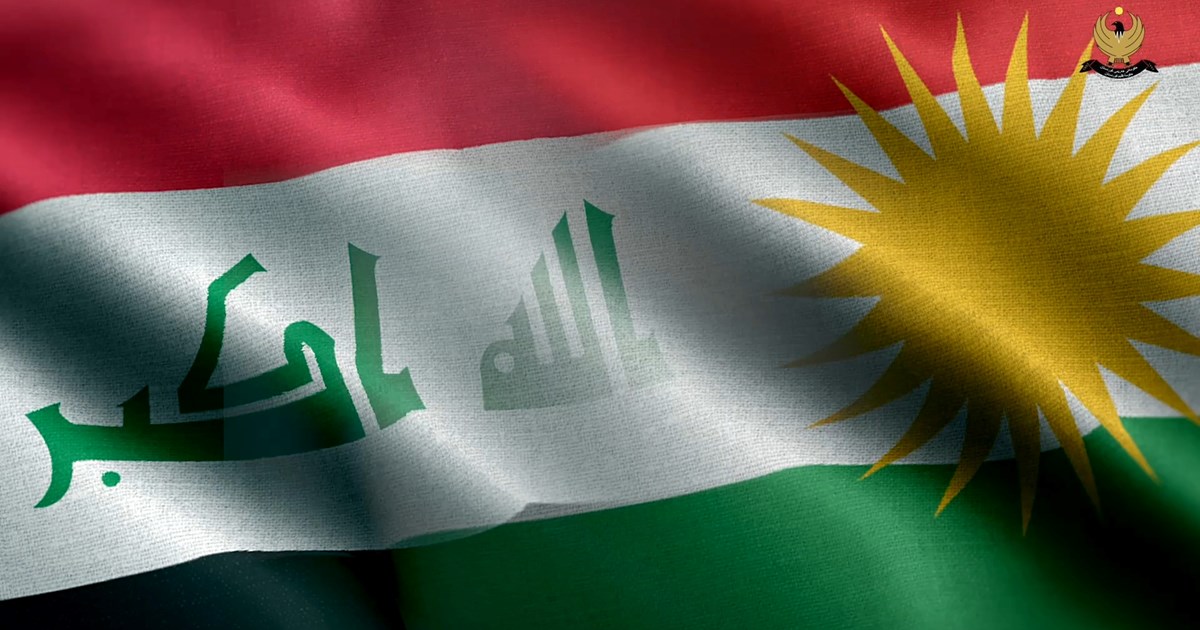Erbil’s Ongoing Struggle in Ties with Baghdad

In recent years, the Iraqi federal government has imposed political, economic, and financial sanctions on the people of the Kurdistan Region, consistently applying pressure aimed at weakening and marginalising the region.
Despite the Kurdistan Region’s vital role in promoting peace and stability across the wider area- including its contributions to the fight against the so-called Islamic State (ISIS) and its provision of shelters to internally displaced persons (IDPs) from central and southern Iraq—the federal government has chosen punishment over partnership, using every available means to undermine the region.
Cutting the Salaries of the People of Kurdistan
For the past eleven years, the federal government of Iraq has systematically withheld or reduced the budget and salaries owed to the people of the Kurdistan Region. Month after month, it has offered shifting justifications to avoid transferring the rightful financial entitlements of public sector employees in the region. This ongoing practice stands in direct violation of a ruling by the Federal Supreme Court of Iraq, which clearly states that the salaries of Kurdistan’s public employees must be paid promptly, unconditionally, and without being linked to political disputes or unrelated issues.
The Kurdistan Regional Government (KRG) has consistently fulfilled its obligations by addressing the federal government’s concerns and resolving payroll-related issues on a regular basis. It has implemented a modern payroll management system, enforced the Iraqi Unified Pensions Law, adopted a salary banking system, and suspended all forms of hiring, including permanent appointments and contract-based employment.
Despite these substantial measures, the federal government has continued to delay monthly salary payments and has failed to transfer the full annual allocation of twelve salary instalments to the Kurdistan Region. These delays are further compounded by persistent disparities in recruitment and promotion practices, which remain unjust when compared with other parts of Iraq.
In a new and punitive move, the Iraqi Ministry of Finance has decided to withhold salary payments for the remaining eight months of 2025. Of the IQD 13 trillion allocated to the Kurdistan Region for the year, only IQD 4 trillion has been disbursed so far.
Baghdad's Budget Sanctions
On 25 March 2023, Baghdad suspended oil exports from the Kurdistan Region following an international complaint. As a result, both Iraq and the Kurdistan Region have incurred losses totalling $25 billion.
On 4 April 2023, the KRG signed an agreement with the federal government to sell oil through the State Organisation for Marketing of Oil (SOMO). Since then, the Kurdistan Region has delivered 11 million barrels of oil to SOMO. However, the Iraqi government has not reimbursed any of the production costs.
In addition to transferring 50 percent of non-oil revenues to Baghdad, the Kurdistan Region has faced continuous budget cuts from the federal government for the past eleven years. These cuts have stalled numerous development projects and urban infrastructure initiatives, despite the approval of the federal budgets for 2023, 2024, and 2025.
Moreover, Baghdad has not disbursed any compensation to the people of Kurdistan who were victims of chemical attacks, genocide, and the Anfal campaign, as stipulated in Article 132 of the Iraqi Constitution.
Taking Loans Without the Kurdistan Region and Making It Repay Them
Iraq has amassed significant domestic and foreign debt, largely due to its reliance on oil revenues and widespread corruption across many sectors. During this period, the Kurdistan Region has been unjustly disadvantaged. Despite Iraq’s total debt exceeding $130 billion, the Kurdistan Region is constitutionally entitled to a proportional share of any borrowed funds. However, these funds have consistently been withheld. Instead, Iraq has reduced the Kurdistan Region’s annual budget allocation while using its share to service the national debt.
Obstructing Oil Exports from the Kurdistan Region
In addition to withholding salaries and budget allocations, the Iraqi government is also obstructing the export of oil from the Kurdistan Region, preventing it from revitalising its economy and paying its employees.
Although Articles 111 and 112 of the Iraqi Constitution guarantee the Kurdistan Region the right to invest in energy resources, the region has complied with all relevant Iraqi regulations and contractual agreements with international companies. Contracts between the KRG and oil companies have also been recognised as lawful by Iraqi courts.
Despite this compliance, the federal government continues to impose new barriers to Kurdish oil exports, undermining the region’s economic stability and hindering its efforts to achieve self-sufficiency—an issue that has persisted since early 2014.
Even though the KRG has addressed Baghdad’s concerns in the areas of finance and oil, it continues to express its willingness to negotiate within the framework of the Iraqi Constitution and the rulings of the Federal Supreme Court. Nevertheless, Baghdad’s sanctions against the Kurdish people persist, revealing the federal government’s entrenched opposition to the Kurdistan Region and its citizens—both at home and abroad. These actions have prompted strong protests from Kurdish and Iraqi political parties, the Presidency of the Iraqi Parliament, politicians, and international observers.
Department of Media and Information
